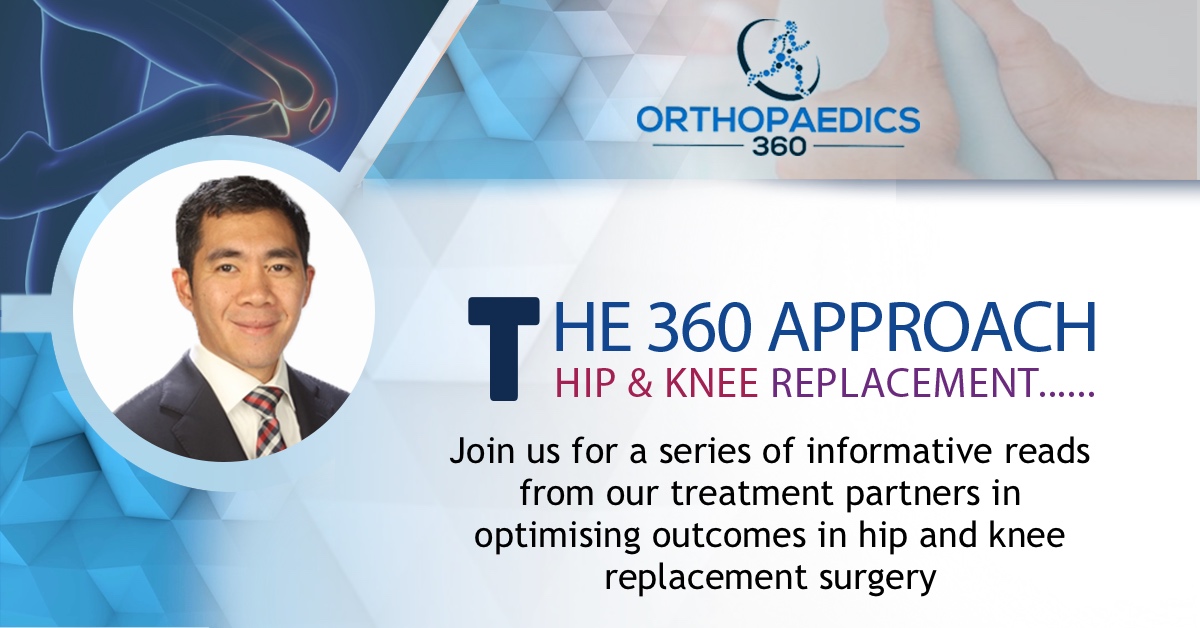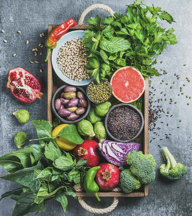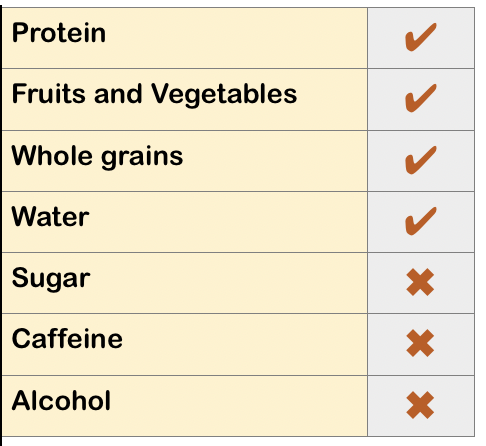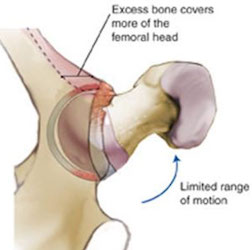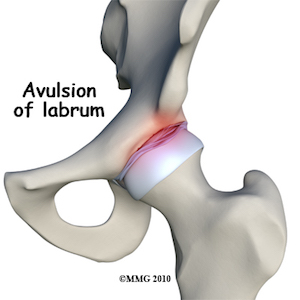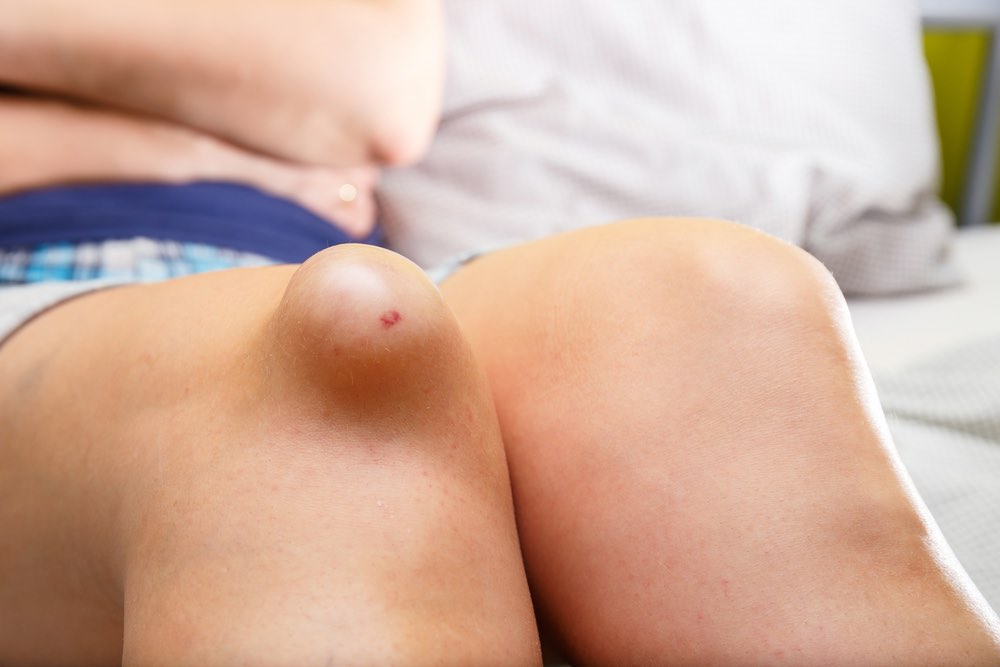In this weeks article, we join Rohan Smith (BHSc (Nut. Med), A.NUTR, ANTA, ACNEM) as he discusses the role of nutrition in total hip and knee replacement surgery. Rohan’s perspective can impart a lot of benefits for our patients, and should bring a unique perspective on what to look out for before, during and after your hip and knee replacement. Rohan is Adelaide based, and you can find him here.
The role of nutrition in optimising recovery after total knee and total hip replacement surgery
By Elemental Health and Nutrition
www.elementalhealthandnutrition.com.au
Preparing the body for before surgery is equally important as taking care of your body after surgery. Optimising nutrition in these times through food and supplementation enables quicker recovery and reduces the risk of poor wound healing and infection.
Studies show that almost 50% of replacement recipients are malnourished prior to surgery, which heavily impacts recovery (Somanchi et al. 2011). For this reason, it is important to be nutritionally assessed by a qualified practitioner well before the date of surgery to optimise your recovery and reduce any potential post-surgery complications.
Preparing for surgery
Surgery is a form of stress on the body, which results in an inflammatory response which significantly impacts metabolism (Burgess et al. 2018). The inflammatory process and stress deplete various nutrients, such as B group vitamins, vitamins C, E and A, zinc, iron, selenium among others, which can lead to an impaired immune response. This increases the risk of complications such as delayed healing and wound infections (Hegazi et al. 2014).
Consuming adequate amounts of protein, fruits and vegetables, wholegrains and water, and limiting sugar, caffeine and alcohol will provide the necessary building blocks for wound healing and recovery.
Anaesthesia
Anaesthesia places a burden on the body, in particular the liver. It is important to provide the body with antioxidant and nutrient support to facilitate the liver’s detoxification processes. A diet rich in antioxidants and supplementing with a good quality multivitamin with activated B vitamins is recommended for at least 2 weeks pre surgery and even longer post-surgery. Glutathione supplementation may sometimes be recommended and will also aid the detoxification process.
Some foods high in antioxidants and for liver support include:
- Onions, garlic and leek
- Cruciferous vegetables – Broccoli, cauliflower, cabbage, brussel sprouts, rocket
- Brightly coloured fruits and vegetables – Berries, grapes, oranges, tomatoes, capsicum, carrots, pumpkin
Join us next Friday for Part 2 of this 360 Approach series focussed on Nutrition.
Femoroacetabular Impingement
FAI is known as impingement of the hip, leading to labral tears and groin pain. LEARN MORE
Hip Labral Tears
Operative or non operative management
Patella Dislocations
A guide to help understand the complex nature of patella dislocations.
Orthopaedics 360
Orthopaedics 360
P: (08) 7099 0188
F: (08) 7099 0171
Southern Specialist Centre
Orthopaedics 360
P: (08) 7099 0188
F: (08) 7099 0171
Health @ Hindmarsh
Orthopaedics 360
P: (08) 7099 0188
F: (08) 7099 0171

